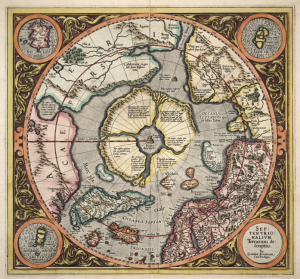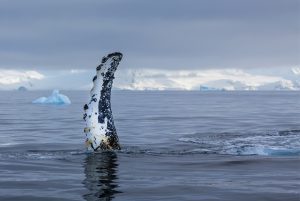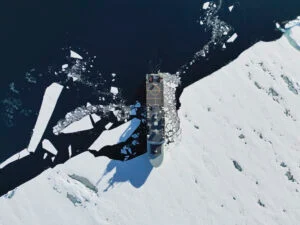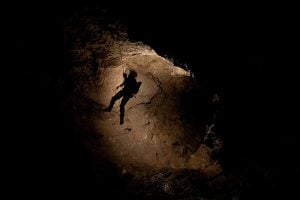I’ve been comfortable in the water from a young age, and ever curious about my surroundings. I grew up in Waterloo, Ontario, and spent much of my summers exploring the lakes and rivers that make up the Canadian Shield. My interest in aquatic environments naturally extended to the sea. When I was in high school, I learned to dive in a little “dive park” — essentially a pond with a collection of sunken refrigerators and toilets. I did not dive again until three years later when I moved to the West Coast to study biology with a marine specialization at the University of British Columbia. There, I was exposed to one of the most diverse temperate ecosystems in the world, and there was no going back.
During university I completed my scientific diver training, receiving CAUS Level 2 certification, and subsequently participated in a marine ecology course at the Bamfield Marine Sciences Centre on Vancouver Island. There, I did a study examining elasmobranch cardiorespiratory regulation, which inspired an interest in animal and diving physiology, and resulted in my first academic publication (“Cardiorespiratory interactions in the Pacific Spiny Dogfish, Squalus Suckleyi,”) in the Journal of Experimental Biology.
While at Bamfield, I also met Michele Felberg, the 2015 North American Rolex Scholar, and it was through Michele that I first learned about the Our World Underwater Scholarship Society and its mission to help young divers discover the diversity of opportunities that exist in the field. That was the moment I decided I wanted to pursue the same opportunity, and this past February I was named the 2019 North American Rolex Scholar. And I’m extremely honoured to be the first Canadian to receive it.
The Our World Underwater Scholarship Society was founded in 1974 by Great Lakes divers in Chicago. And from joining scientific expeditions and doing marine research to photographic instruction and dive training the options for a young person (I’m 24) to explore with the scholarship are endless. Since its inception, many of the scholarship recipients have gone on to do great things in the marine and diving community.
As an aspiring scientist I hope the scholarship will allow me to explore different research avenues and diving technology and prioritize communication with the general population in order to inspire change from a wider diversity of people.
I first realized the value of effective science communication following my undergraduate degree when I worked as a diver and interpreter in a small catch-and-release aquarium in Ucluelet, British Columbia. And I had a first-hand taste of the challenges of running a research program in a developing country with very different cultural expectations when I worked as a research assistant and divemaster at a research center in Malawi, diving in Lake Malawi, one of the great African lakes. There, I monitored the biodiversity of the evolutionarily fascinating cichlid fish. As a second-generation immigrant and avid traveler, I believe that true conservation efforts can only be made when certain cultural nuances are understood and acknowledged.
I also hope to further nurture my passion for the marine world and cultivate my diving skills, both of which I’ve previously explored while working in the remote kelp forests of British Columbia, where I was a research diver and technician with the Hakai Research Institute studying rates of change in temperate coastal ecosystems in the context of an anthropogenically influenced world.
Becoming this year’s Rolex scholar is a dream come true. I’m aiming to take away a well-informed picture of the environmental challenges being faced around the world and use this information to make a meaningful contribution to marine conservation.
Follow Neha Acharya-Patel on Instagram @nehaacharya.patel and keep up to date with the Our World Underwater Scholarship Society on Facebook. Watch for future dispatches from Acharya-Patel’s scholarship year here on CanGeo.ca.




